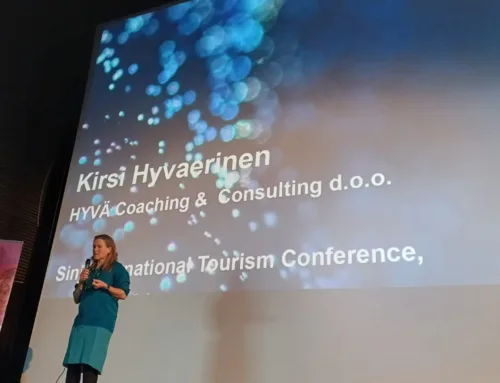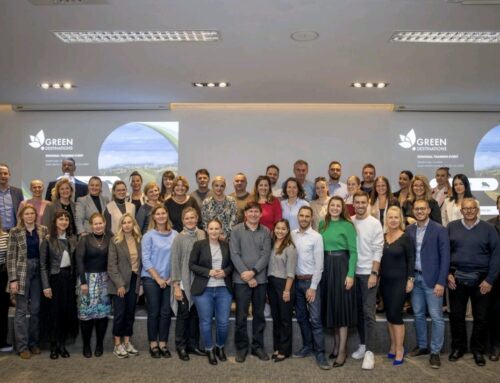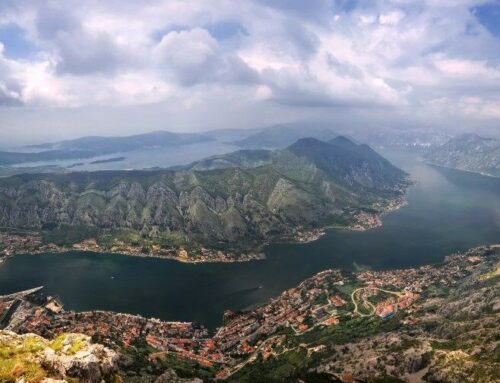19th VDR Business Travel Report Germany unveiled
Today with VDR, the German Business Travel Association, we are happy and proud to have presented the results and projections of the 2021 Business Travel Report for Germany. Thank you to all 130+ trade and media participants who joined the discussion at our first hybrid meeting – „hybreeting“ – perfectly tech-hosted by Deutsche Hospitality. Personally, I participated as helping hand from the digital background and physically, from the Arctic Circle in Finland. Also a kind of premiere!
This second, pandemic-driven and therefore very exceptional year for every travel and tourism manager, is coming to its last quarter. For most of us with new kinds of experience, and more space for creativity and optimism than a year ago. The climate crisis and digitalisation are key drivers when we shape our new world of business and travel. Quoting from the outlook, titled „The journey towards new ways of working has just begun”:
„As already seen last year, crisis also brings opportunities. The economic recovery will be defined by new opportunities to shape the future, and this will also be seen and experienced in the realm of corporate mobility. The backlog of business and private travel will initially trigger a boom, while the period after that will be shaped even more deliberately than in the past; this will be based on new models of working that are already on their way. We have all learned one thing during this period of restricted contact: Face-to-face meetings will not be replaced by online meetings anytime soon. It will be all about situation-dependent alternatives.
Mobility managers will contribute their experience and thus a new quality to the working world; our ways of working and tools as well as the willingness to use them have changed and developed very fast. Some positive effects will be less traffic congestions due to commuting and more working from home. Work/travel-life balance can take on entirely new forms. Younger employees in particular will tend towards “bleisure” (combining business and leisure) and “workcations”. We will see more digital nomads, and sometimes choose 100% remote working with occasional and therefore exceptional team building events. Travelling for business may become more of a privilege and motivation again.
Entirely new ideas of what (global) citizenship means are also foreseeable. Although national regulations made cross-border travel an administrative nightmare once again this summer, the EU has already laid plenty of fundamental groundwork. Standardisation, reliability, transparency and digital services in international cooperation are key here.
In addition to huge cost savings on superfluous mobility, greenhouse gases can also be reduced in the medium term. We know this as a fact now since the pandemic acted as a “global magnifying glass” to show that the air in big cities around the world became visibly and measurably cleaner. However, this improvement was caused by the overall reduction in activity of people and industries during lockdown.
New formats for training events and meetings of all kinds have been created. Although they are often less than ideal, they are globally democratising knowledge dissemination above and beyond e-learning and are opening up new opportunities for diversifying business, very much in the sense of the Sustainable Development Goals. Rural regions and the Global South can be strengthened as a result. More than ever before, plans and decisions are being discussed with researchers.
All in all, as a consequence of this crisis we are better prepared than ever for a socially, economically and environmentally more sustainable, humane and mobile future.”
For all facts, figures, the recorded presentation and a Management Summary in English, go to: www.geschaeftsreiseanalyse.de




